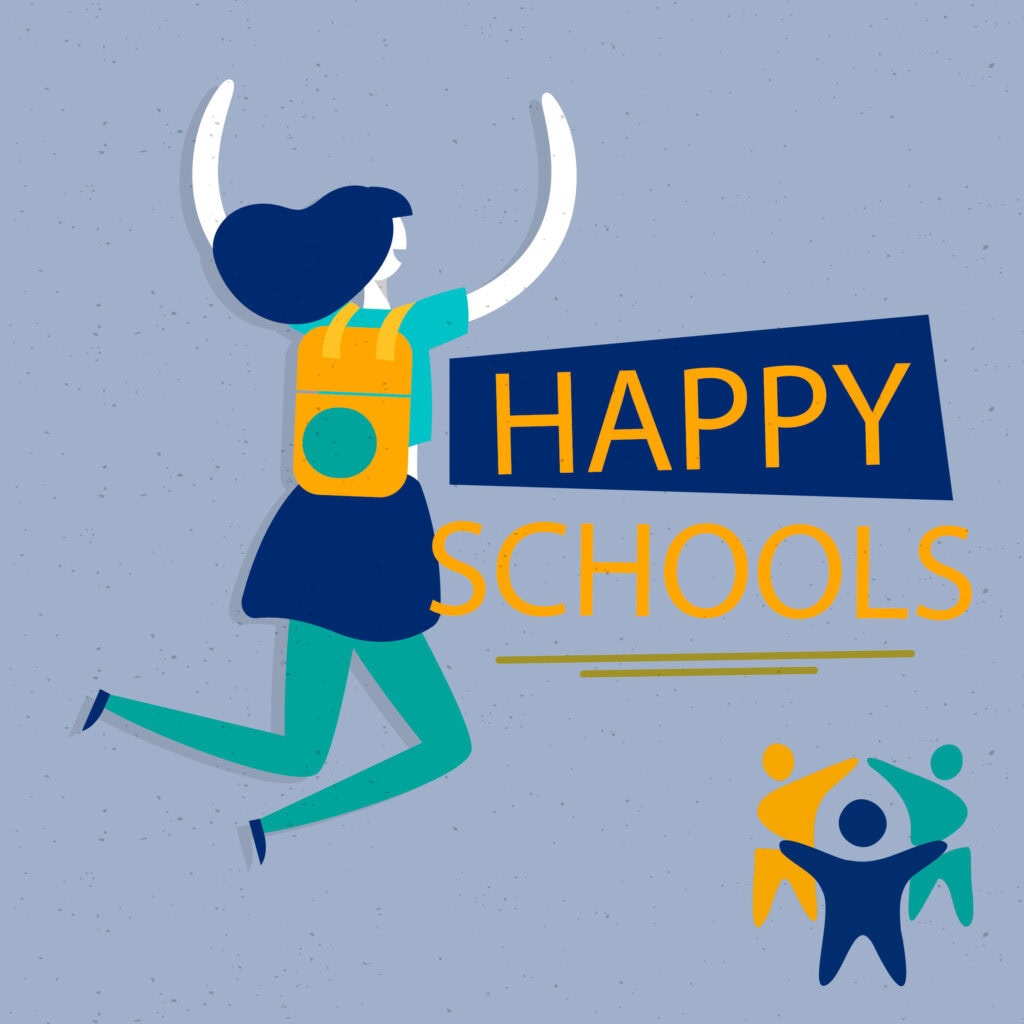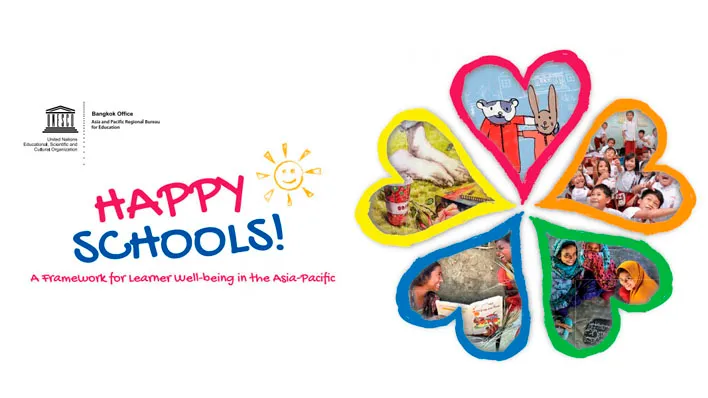Parents International has long been a supporter of the Happy Schools initiative of UNESCO. On 4 October, we had the opportunity to contribute to their webinar timed for the eve of World Teacher Day. The reason is the same as for our joining the Let’s Care project: we belive that feeling safe and happy at school is a key factor in preventing early school leaving and preserving the joy of learning – a key for educating lifelong learners. What is a positive aspect of the Happy Schools initiative that it is not trying to interfere with personal relations and the role of family while keeps the right professional boundaries – unlike some aspriations of Let’s Care.

Table of Contents
The Importance of Parental Engagement in Happy Schools
Parental engagement is a key factor in creating supportive and successful educational environments. It plays an essential role in the Happy Schools initiative, a concept developed by UNESCO, and one supported by Parents International. This initiative is designed to foster joy, well-being, and safety in schools for both students and educators. By encouraging parents to actively participate in school life, Happy Schools aim to create a more holistic and harmonious atmosphere for students to thrive.
Happy Schools focus on four main pillars:
- people
- process
- place
- principles.
Together, these pillars address the different aspects of school life that contribute to the happiness of both students and teachers. The initiative emphasizes the importance of positive relationships within the school environment, including interactions between teachers, parents, students, and school administrators. The goal is to create a space where everyone feels valued, safe, and motivated.
At the heart of this approach lies the understanding that when students are happy, they are more likely to be engaged in their learning, which decreases the risk of early school dropout. Similarly, happy and supported teachers are better equipped to perform their roles effectively, leading to higher job satisfaction and a more positive school environment overall.

The Role of the People Pillar in Happy Schools
Among the four pillars, the people pillar is of particular significance. It focuses on the well-being, relationships, and working conditions of everyone involved in the school community. This includes teachers, students, parents, school leaders, and the wider community. In a webinar series launched by UNESCO in 2023, the people pillar was explored in depth, particularly during a session in honour of World Teachers’ Day. This session aimed to explore the systemic changes needed to build positive, supportive relationships within the school environment. In particular, it examined
- Discussing systemic changes needed to improve relationships between teachers, students, parents, school leaders, staff, community members, and managers to establish and sustain positive learning environments where teachers are happy to teach and students are happy to learn.
- Sharing perspectives from around the world on the importance of supporting teacher well-being by strengthening the happiness of the school environment and attractiveness of the teaching profession.
- Encouraging all to join Happy Schools in partnership and commit to happiness and a whole school approach to learning as the foundation of quality education.
Parental engagement is a key component of the people pillar. Parents International, a strong advocate of the Happy Schools initiative, has developed various training programs and resources to help schools and parents work together more effectively. These programs aim to strengthen communication between families and schools, fostering mutual understanding and respect. Through these efforts, schools can create an inclusive environment where parents feel empowered to contribute to their children’s education.
In our contribution, we had the opportunity to talk about our trainings, materials and programmes that can support a better home-school partnership, primarily by the capacity building of professionals.
How Parental Engagement Impacts Student Success
Parental engagement in Happy Schools goes beyond just attending school events or parent-teacher conferences. It involves building a strong, ongoing partnership between parents and schools, where both parties actively contribute to the student’s learning experience. Studies have shown that when parents are engaged in their child’s education, students tend to perform better academically, have higher self-esteem, and are more motivated to succeed.
In the context of Happy Schools, parental engagement is seen as a key factor in creating a positive school culture. When parents, teachers, and students collaborate, it fosters a sense of community that benefits everyone involved. Students feel supported both at home and in school, which contributes to their overall well-being and academic success. Teachers, too, benefit from this engagement, as it creates a more cohesive and supportive environment in which to teach.
Parents International has been a driving force behind encouraging greater parental involvement in schools. We provide training to parents and professionals alike, helping to build strong relationships that support student achievement. In doing so, our efforts align with the goals of the Happy Schools initiative, ultimately contributing to the creation of a learning environment where everyone can thrive.